A tanker truck or tanker is a truck or trailer designed to carry bulk liquids or gases on the road. They come in two physical configurations:
- The tank is connected to the chassis of the truck or trailer
- The tank is connected via ISO locks to a flat deck or skeletal trailer or truck and can be removed for intermodal transport (e.g. loaded onto a ship or train)
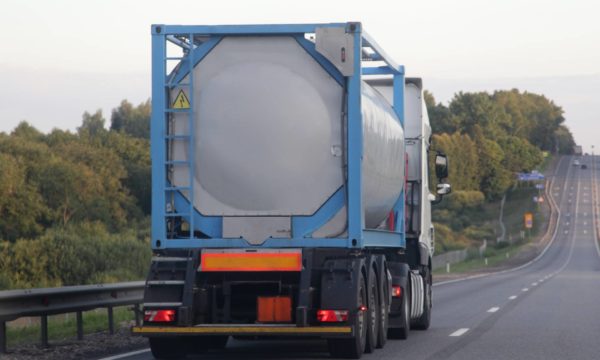
The tanks themselves come in different configurations depending on what’s being carried, for example:
- Insulated vs non-insulated
- Pressurised vs non-pressurised
- Compartmentalised vs single product load
The most common type of tanker is a fuel tanker – they transport fuel from major hubs out to individual petrol stations.
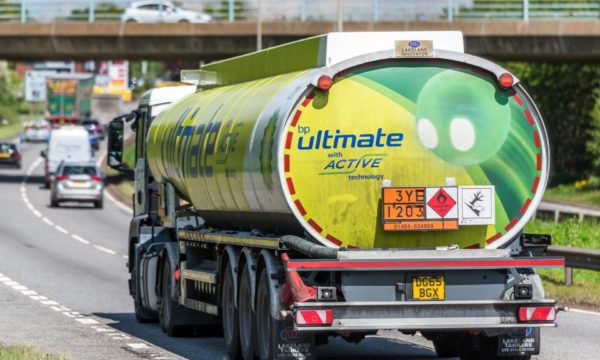
In countries like Australia, A double, B double and road train combinations are allowed where the ‘prime mover’ (the cab) pulls two or more trailers.
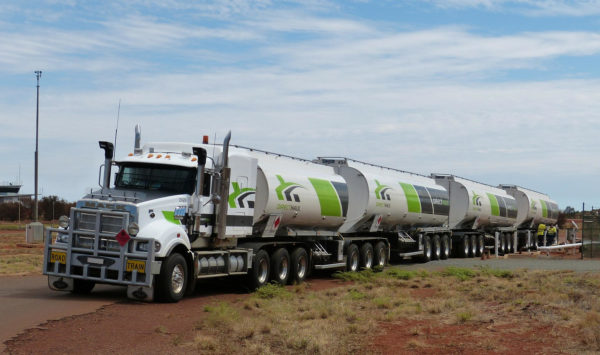
The dangers of driving a tanker
Tankers can carry all kinds of liquids, some of them toxic, explosive or corrosive. A tanker carrying 35,000 litres of fuel is a rolling bomb in the wrong situations.
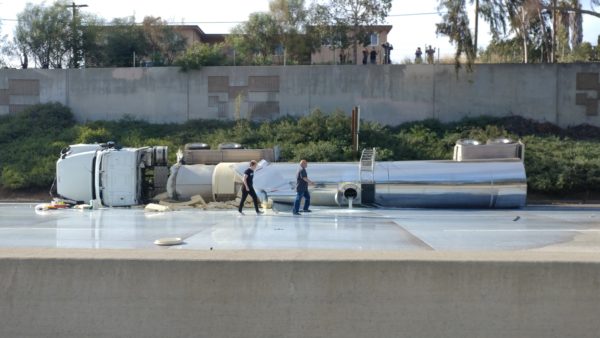
Drivers need special training in dangerous goods legislation and handling to drive tankers carrying hazardous goods so that they know what to do in an emergency.
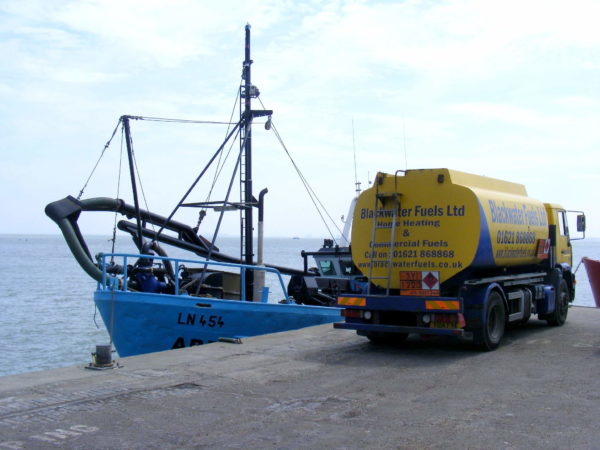
Partial loads in a tank are called a live load. This is because they slosh around under cornering and braking. The risk of rollover in a tanker truck is high in comparison to some other loads because the centre of gravity is high and always moving. Rollover awareness and prevention training is advised for all truck drivers.
Baffles that slow down the movement of liquid in the tank can stop the forwards/backwards sloshing under braking which causes the truck to ‘push’.
Tanker drivers learn to brake early and smoothly, and take very smooth lines around corners. Driving a tanker requires more concentration than most other types of truck.
